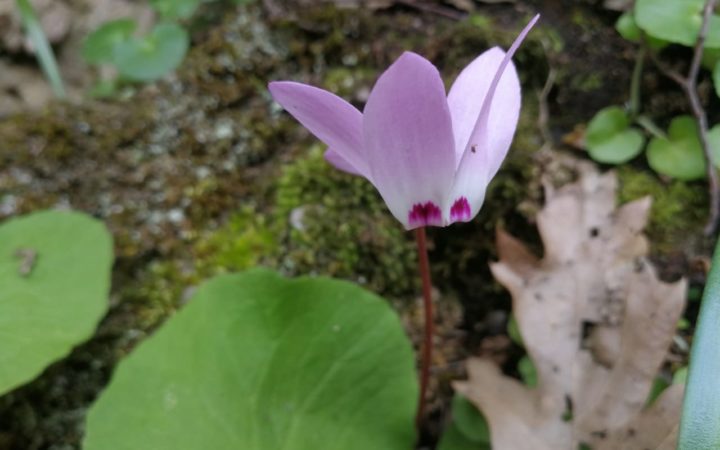
Posted on
(Rome, 8 February 2019) Destinations, such as biospheres, who balance the economic, socio-cultural and environmental dimensions of their biodiversity areas, are granted a biosphere seal by the Responsible Tourism Institute (RTI). This sustainability certification is at the heart of the Biosphere Destination Community, which is of particular importance to the Edu-BioMed project. Indeed, balancing such dimensions is exactly what the Biosphere Reserves of Shouf and Jabal Moussa, partners in the Edu-BioMed project, are doing in Lebanon. This project is aiming at capacity building for education and applied research on Mediterranean UNESCO’s biosphere reserves (BR), the label for “areas of terrestrial and coastal ecosystems promoting solutions to reconcile the conservation of biodiversity with its sustainable use”.
There are occasions for such destinations involved in tourism sustainability and biospheres to get together, to share their experiences and best practices towards the fulfilment of the 17 United Nations Sustainable Development Goal. For example, the Biosphere Destination Community met in January at the International Tourism Fair Fitur in Madrid. This meeting was, among other things, an occasion to build partnerships, including the signature of a collaboration agreement for training between the International center for training and knowledge transfer in hospitality, tourism and gastronomy (CETT) and the RTI. The terms of the agreement foresee different cooperation projects like an online training programme with university centers and public administrations.
This point is very relevant to the Edu-BioMed project, which acts in collaboration with such stakeholders as well as with citizens and EU partners, with an objective to strengthen, ameliorate and upgrade academic activity at four Moroccan and Lebanese Higher Education Institutions (HEIs). The project includes the building of an infrastructure for the flow of knowledge made of IT systems for data management and sharing, “citizen science” tools to engage civil society as co-producer of knowledge, training for teachers from the South at a Winter School in Europe, international mobility and internship schemes for teachers and learners to conduct collaborative case study research in BRs and a Winter School for teachers and BR managers for an interchange of expertise.
You can access the full report of the Biosphere Destination Community meeting at FITUR here.
Follow us



